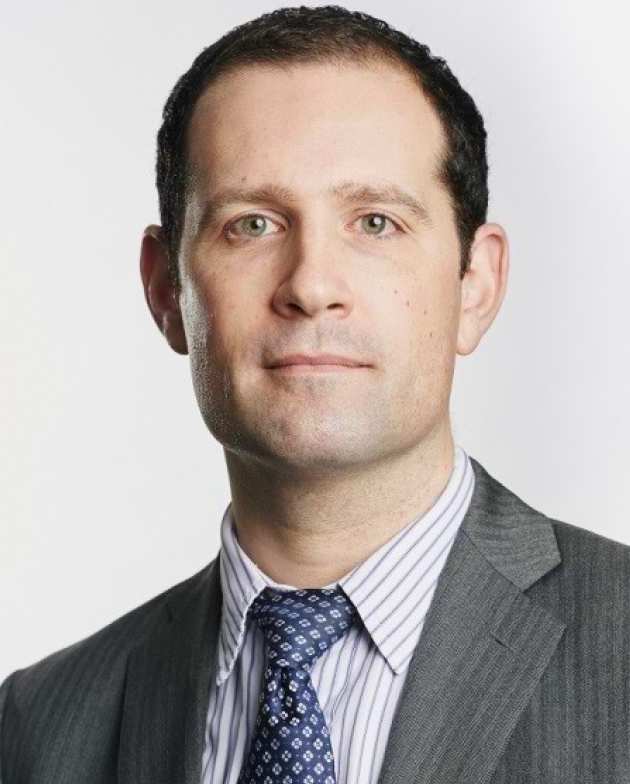 Alex Tarter (MEng Information Systems Engineering 2003) has worked in the fields of defence and critical national infrastructure cyber security for over 15 years. He is currently Chief Cyber Consultant and CTO at Thales UK. He also supports NATO as a civil expert on cyber security for the Civil Emergency Planning Committee, and has contributed to the development of international cyber security standards.
Alex Tarter (MEng Information Systems Engineering 2003) has worked in the fields of defence and critical national infrastructure cyber security for over 15 years. He is currently Chief Cyber Consultant and CTO at Thales UK. He also supports NATO as a civil expert on cyber security for the Civil Emergency Planning Committee, and has contributed to the development of international cyber security standards.
"Find something you’re passionate about. Don’t chase the money initially, chase the experience. You will ultimately have a more rewarding and exciting career with more potential for growth."
What is your fondest memory of your time here?
Completing the quantum computing course… 100 people turned up for the first lecture, only 5 of us took the exam!
What did you learn during your time at Imperial, in class or out?
The ability to work in teams to solve complex challenges, and the power of a good idea!
Tell us a bit about the work you’re doing now.
I'm CTO for Cyber Security at Thales UK. I'm responsible for shaping our technical strategy and cyber capabilities, including leading the Thales UK Cyber Competence Centre, cyber-related R&D, and investment into the cyber consulting and managed security services practices.
How did you get into the field of national security?
By accident… I started up my own company with some Imperial friends out of Uni and tried to develop a new product. As a result, I ended up getting a job at Ultra Electronics who had just bought a company in a related field to our company. Working in national security is a strange combination of cutting edge and ancient technology. One day you’re working on something new the next on something over 30 years old.
How has what you learnt at Imperial helped you in your career so far?
The more random and assorted classes I took at Imperial have stood me in better stead than focusing in one particular area. Learn all the things, don’t specialise.
What has been your career highlight so far?
Becoming a NATO Civil Expert in cyber security, and being given the opportunity to provide advice and support to countries wishing to improve their national resiliency.
What are your plans for the future?
Continue to enjoy solving new puzzles and learning new things. When it starts getting boring, it’s time to move on
What would be your advice for current students?
Find something you’re passionate about. Don’t chase the money initially, chase the experience. You will ultimately have a more rewarding and exciting career with more potential for growth.